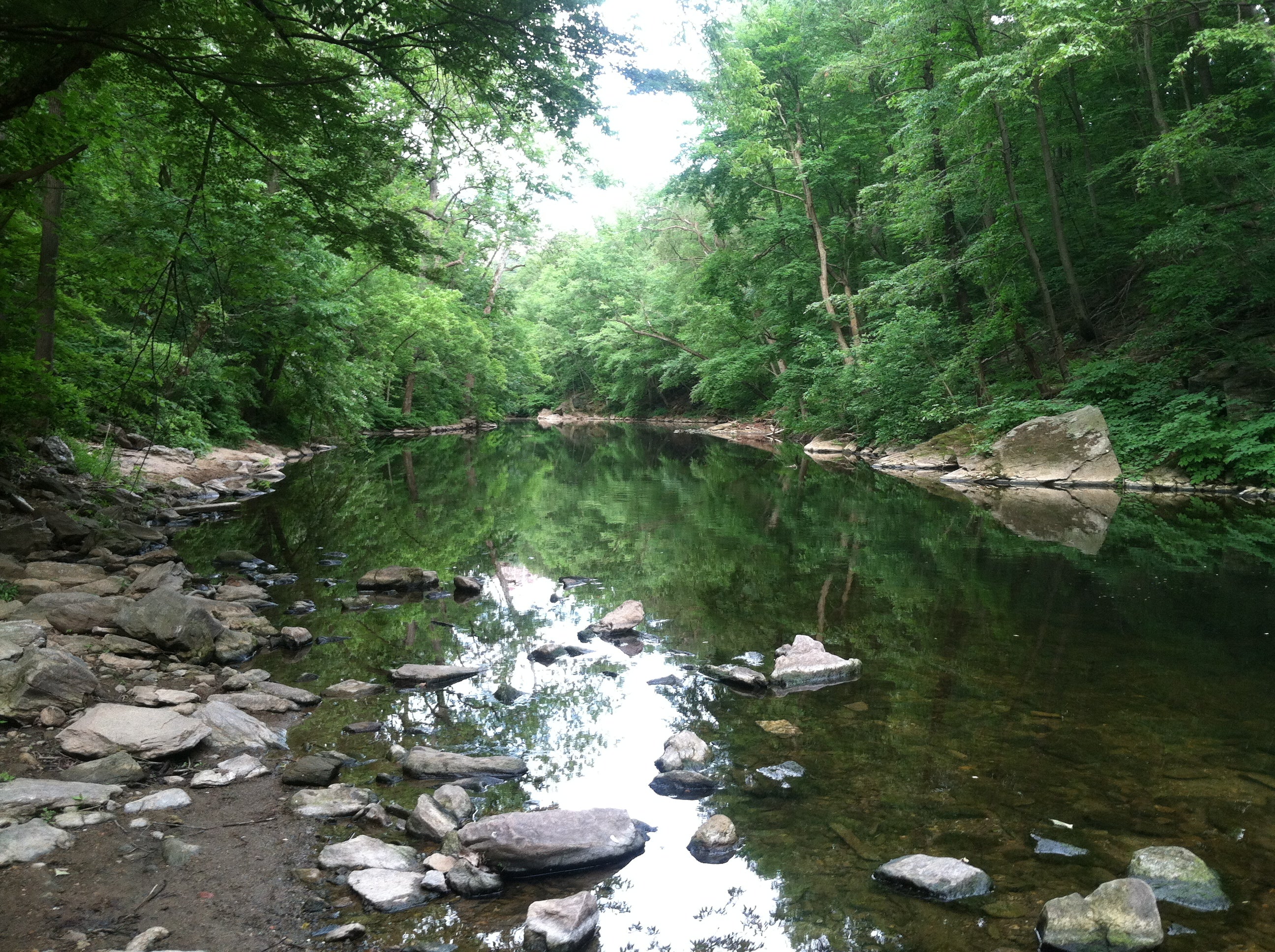
Bridging the "Nature Gap"
by Jemar Lee
·
Literally Outside encourages our customers, partners, and supporters to read this article by Emma Gosalvez. In it, Gosalvez highlights a variety of reasons why we see a lack of diversity in outdoor recreation spaces, from historical disparities to modern-day stereotypes & prejudice, and provides opportunities for changes. We at Literally Outside promote diversity and inclusion by challenging outdated stereotypes of outdoor activities, and this article is a great place to start learning how those stereotypes originated and how they can be stopped.
Emma Gosalvez describes the leading causes of people of color's (POC) lack of participation in nature-based outdoor recreation, attributed to the public park system's history of discrimination and present-day prejudicial tendencies. Gosalvez notes these two factors reinforce each other and hinder the full participation of people of color in outdoor recreation.
Socioeconomic status, cultural differences, racial discrimination, and the history of institutional racism are some additional factors contributing to this issue – with the most prevalent reason being historical racial discrimination. Some may find the correlation to historical racial discrimination and the lack of POC’s participation in outdoor recreation hard to uncover. However, Gosalvez describes how slavery and a long history of racial oppression, such as housing (red-lining), lack of sufficient housing, and job discrimination, have caused a disparity between white individuals and persons of color. The results of this inevitably led to inaccessibility and POC’s perceived irrelevance in outdoor recreation.
The explanations for the gap in POC's participation in outdoor recreation are correlated to the lack of diversity and inclusion in outdoor park management. Leaders of these parks held discriminatory beliefs and exhibited blatant discrimination against POC’s participation in parks. As a result, those ideologies held back then, unfortunately, have been covertly interwoven with how parks are managed today.
It is important to note that the lack of diversity in the outdoors doesn't equal a lack of interest among people of color. Gosalvez noted that POC made monumental contributions in the outdoor space – but that these contributions are frequently overlooked.
Gosalvez ends by noting the need to change the narrative. It is not that POC do not want to spend time outdoors, it’s that they don’t feel welcome. Outdoor agencies should publically realign their values to support diversity and inclusion efforts, and reevaluate marketing strategies so that they are reflective of all people. This will encourage people of color to see their relevance and feel a sense of belonging in outdoor natural spaces.
If you’ve felt excluded from the active outdoor community, we want you to feel welcome. This article illuminates steps that we at Literally Outside, park systems, and maybe even yourself can take in the right direction.